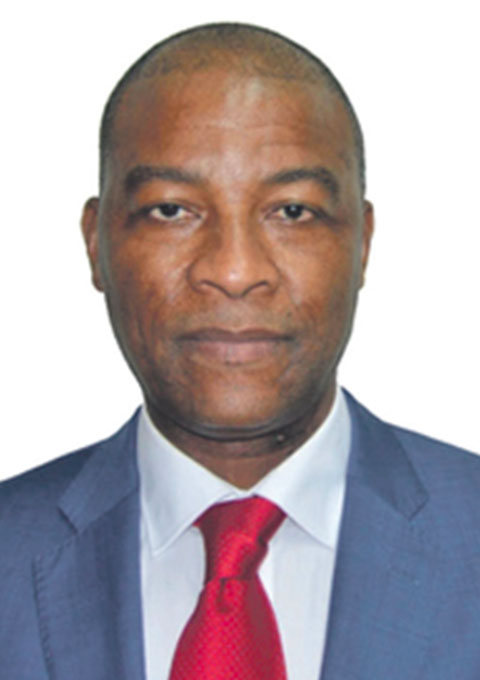L’Afrique fait face à une crise économique sans précédent qui ne manquerait pas de rebondir sur les équilibres économiques et sociales. Pour apaiser la violence du choc et éviter surtout l’installation permanente de ses répercussions, l’Afrique doit déployer des stratégies de ripostes innovantes et saisir en même temps les fenêtres d’opportunités qui se présentent. C’est dans ce contexte que M. Pinto Moreira Senior Fellow au Policy Center For the New South et Directeur du Département des économistes pays de la Banque Africaine de Développement fait part de sa réflexion sur la question et revient sur les défis et les enjeux qui se posent pour le continent.
Speakers

Abdelaaziz Ait Ali
Head - Research in Economics
Abdelaaziz Ait Ali is a principal Economist and head of the Research Department at the Policy Center for the New South. He joined the Center in 2014 after five years of experience at the Central Bank of Morocco. He worked as an economist in the International Studies and Relations Department and was analyzing the real estate price index and financial asset prices for monetary policy and financial stability purposes. Since then, Abdelaaziz has focused on cyclical and structural issues of the Moroccan economy, including macroeconomic management and industrial policy design. He has published articles on the reform of the exchange rate regime in the Moroccan economy and its implications for macroeconomic regulation, as well as on the evolution of the macroeconomic framework over th ...

Emmanuel Pinto Moreira
Senior Fellow
Dr. Emmanuel Pinto Moreira is Senior Fellow at Policy Center for the New South and the Director of the Economic Department of the African Development Bank. He is in charge of establishing a strong department as well as genuinely conducting policy dialogue with policy makers of the region while heavily focusing on new growth strategies, challenges facing middle income countries, fiscal policies and debt reduction strategies. He served previously as regional lead economist for the MENA region at the World Bank. His mission was geared towards first conducting policy dialogue with Maghreb authorities’ and helping them design their vision papers; second, he provided strategic advice on major economic challenges facing these countries, more precisely. Furthermore, Dr. Pinto Moreira ...







